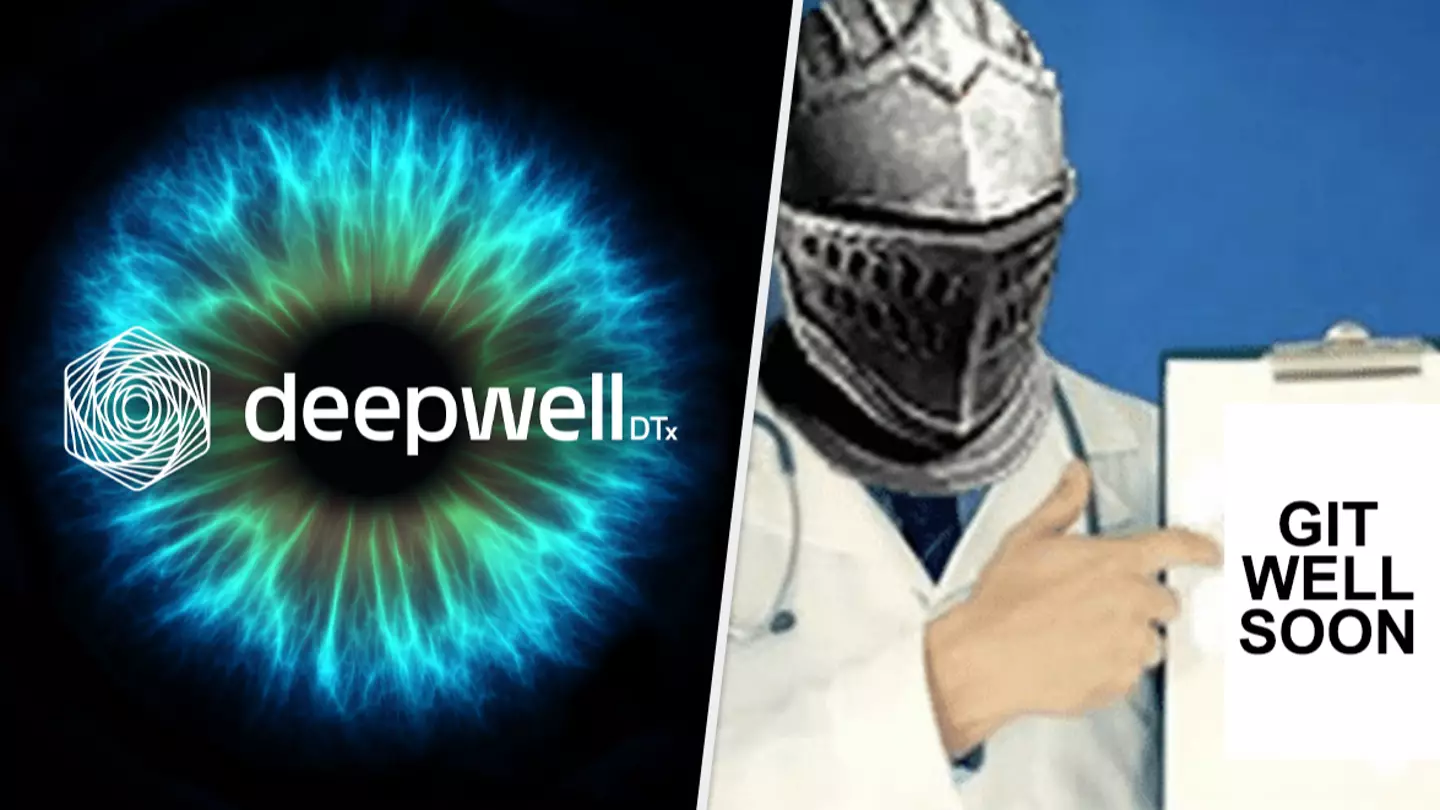
Sometimes video games feel like the best medicine, don’t they? I know that there are times where I’ve felt depressed, anxious, or lonely, and reached for the comfort and familiarity of my favourite virtual worlds. I can’t tell you how many bleak December evenings have been made that much more bearable by the familiar rhythms of Pokémon Gold and a hot cup of tea.
I would assume that most of you reading this feel the same way: that video games aren’t just entertainment, they’re a comfort. And sometimes, they have the power to genuinely heal us.
DeepWell Digital Therapeutics is a brand-new publisher that recognises video games can be used as a positive force for change. But rather than make great new games that can help some of us, DeepWell wants to fund and publish globally accessible games “fortified by medical science”.
What does that mean? Described as the “first of its kind”, DeepWell’s mission is to create “best-in-class gameplay that can simultaneously entertain and deliver, enhance, and accelerate treatment for an array of globally pervasive health conditions”. In short, it literally believes video games are the best medicine. It wants to make and publish video games “with the potential to change lives”.
Advert
DeepWell is the baby of Devolver Digital co-founder Mike Wilson and Medtech innovator Ryan Douglas. For the last 18 months, they’ve worked together to combine their expertise in the worlds of gaming and medicine to create something new. Along the way, they’ve assembled a team of game industry experts and medical professionals to lead development on original DeepWell games, as well as work with indie creators around the world to publish new titles, and assist studios in helping to magnify the “innate therapeutic value” of each individual game.
For Wilson, the origins of DeepWell began with a simple realisation: that humans tend to hate anything that’s supposed to be “good” for them. Whether it’s medicine for physical ailments, exercises set for us by our therapists, or something as simple as eating our veggies or drinking enough water in a day, healthy living can feel like a chore.
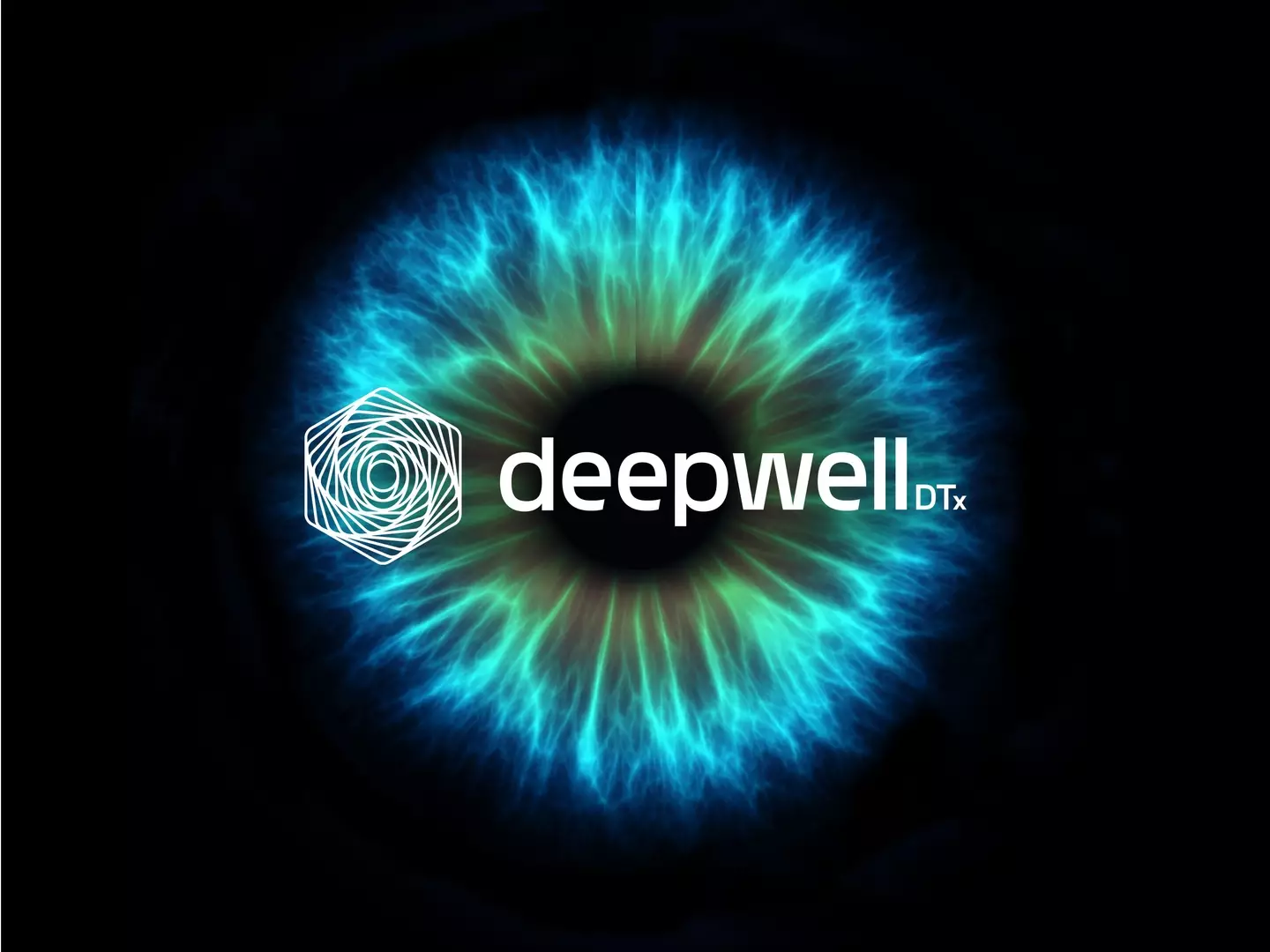
“It’s a really weird bit of wiring,” Wilson tells me with a wry smile. “We do things that are good for the people we love. We're well wired to take care of others. But we just are not wired to take care of ourselves.”
Advert
Wilson ultimately connected with Douglas in Vancouver, through the “mutual interest” of mental health breakthrough therapies. It wasn’t long before the two began thinking about what role video games might play in this arena, and how they could bring their shared backgrounds in gaming and medical science together. The two of them already knew beyond any doubt video games can already provide a variety of benefits. The question was how they could build on that, and use games as a way to offer treatments that people would actually engage with.
“Almost all video games are good for people in the right doses,” Wilson explains. “And that was the ‘oh shit’ moment where we really started digging into the hundreds of studies that have already been done on video games - many of them in an effort to find out why video games are terrible for people. But the vast majority of those studies find the opposite.
“Game designers have been learning from each other and learning from other games,” he continues. “Developing these skills to bring people back and engage them, and to make them feel good and give them feelings of achievement, roleplay, social connection… all of these things that are tenets of cognitive behavioural therapy, which is the basis for the vast majority of Western therapy, and psychiatry.”

With the concept of what DeepWell could be in place, Wilson and Douglas began assembling a team of friends - experts from the fields of game design, medicine, psychology, and more. People like Shahid Ahmad, a games industry veteran with more than 40 years of experience under his belt, were quick to recognise the potential of DeepWell and signed up almost immediately.
Advert
“There were a couple of strands in my working life that were beginning to tug hard,” Ahmad tells me. “One of those was a search for meaning. The second thing was this massive escalation in mental health issues worldwide, and my desire to reach as many people as possible - to show that they weren't alone, to support them in whether it be my writing or my speech.”
DeepWell’s ideals lined up with what Ahmad had been looking for: a way to give back, and to use his love of and passion for video games in a bold new way that could spell genuine change.
“There's been nothing I’ve seen that is as important in video games as what Mike and Ryan are talking about doing,” Ahmad says proudly. “I want to give back. And I've always suspected that video games are really good for you, and never quite been able to prove it. To see Mike and Ryan underline our suspicion that gaming might be good for you with real technology and real ideas supported by studies, all while assembling this frankly quite incredible team has got me extremely excited.”
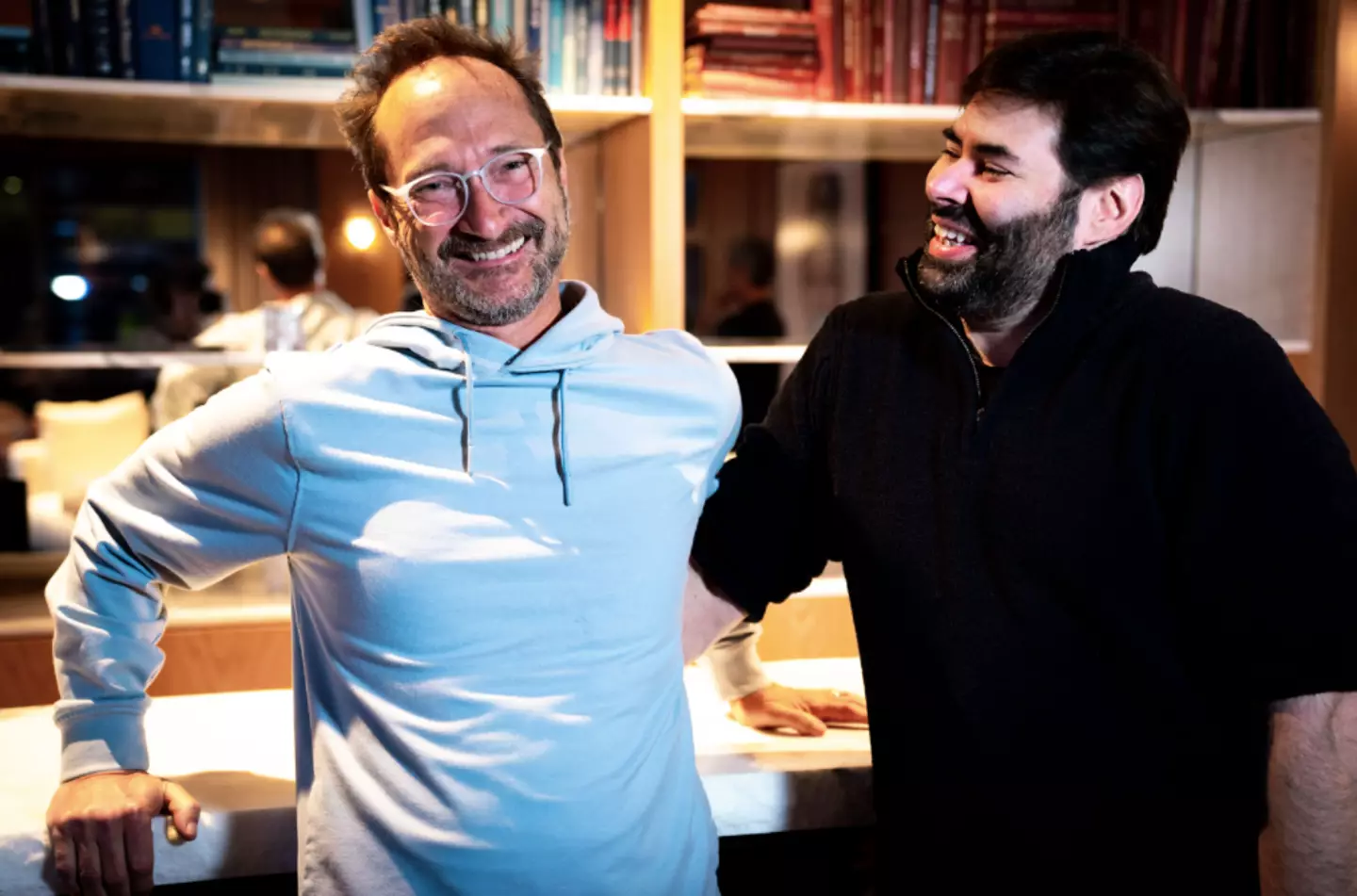
With all the pieces in place, DeepWell as a company aims to do three main things. The first is to greenlight, fund, and publish video games from independent developers, not unlike Devolver Digital. The core difference is that these games will be approved for medicinal and therapeutic use by a team of experts.
Advert
DeepWell will also offer to work with other developers and publishers with in-development projects and help implement some of its own techniques and expertise. Finally, it will reach out to publishers who have existing video games that may already provide therapeutic benefits and work with regulators to get them added to a (hopefully) ever-growing list of games with proven medicinal properties.
Those are some incredibly ambitious goals of course, and may raise more than a few eyebrows. Entertaining video games that happen to have deeper benefits is one thing, but how do you go about making games that strike the balance between medicinally beneficial and genuinely fun?
One thing Wilson wants to stress is that while the games the team is working on are designed with science and medicine in mind, they are still video games as we know them first and foremost. DeepWell’s first batch of games won’t launch until next year, but it sounds like there’s going to be a wide range of genres for players of all types.
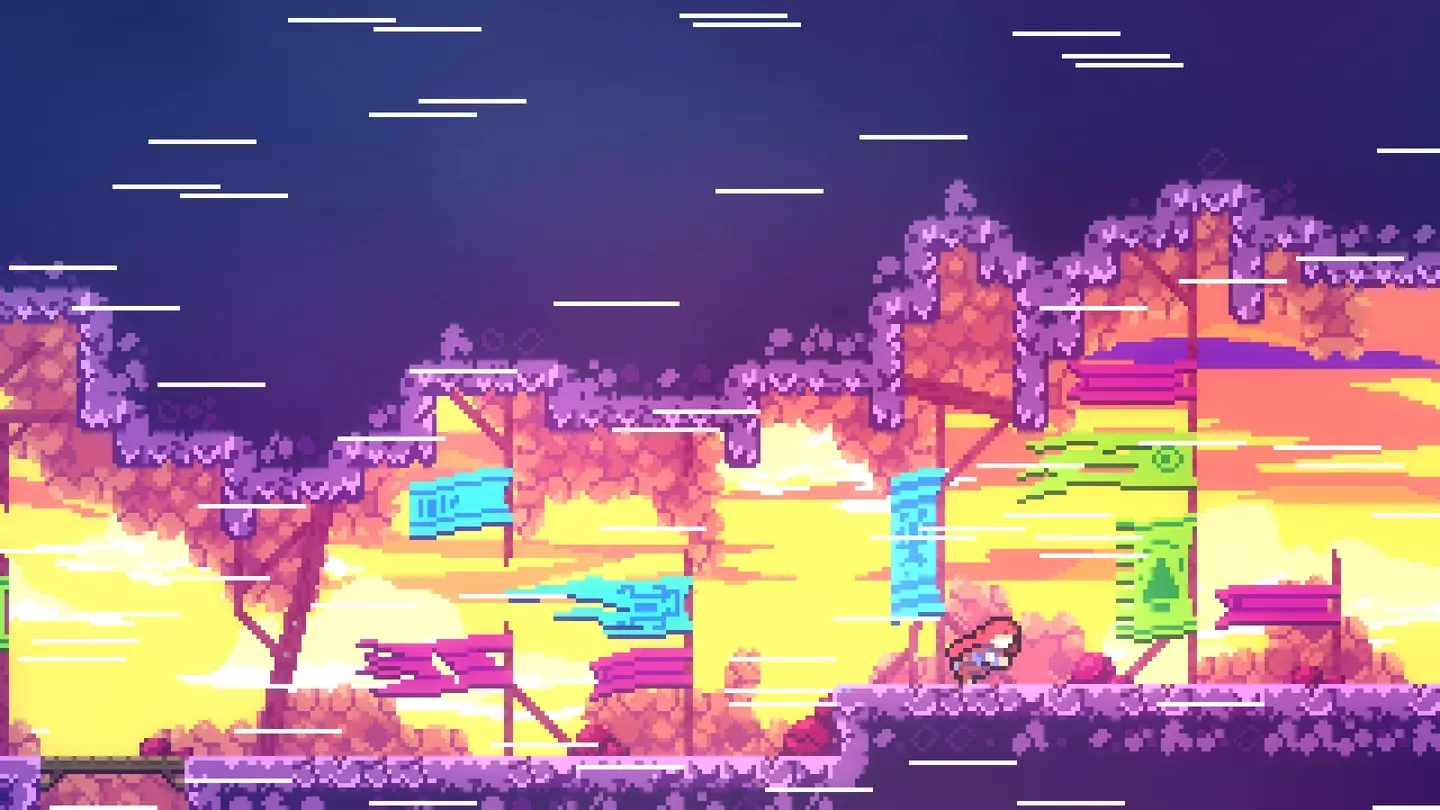
“I just want to be clear that they won’t all be puzzle games, or platformers or cute games,” he says. “What is therapeutic for one person is very different from what is for another. It might be that a shooter is very therapeutic in some ways. You'll see games across every genre that are indicated for different reasons. A lot of people either think edutainment or gamification, or they think they’ll all have to be lollipops and rainbows games. And that's just just not the case.”
Advert
The development of these games has involved an unprecedented level of cooperation and collaboration from developers and scientists, a partnership that Wilson tells me was quite jarring in the beginning. But throughout DeepWell’s work, the publisher has aimed to ensure the science is in service to the art, and not the other way around.
“I really look at it that in the same way, we had an awakening around organic foods,” Wilson explains. “If it's not delicious, these games won't work. If you break the magic, then you've just got another medical device that people won't use, right?
“The scientists, as accomplished as they are, know that they have never been able to do what video game developers do all day long. And that is to create joy and experiences that bring people back. And so you've got this group of incredibly accomplished scientists working in service of the art. That’s not the way it usually works, when art or entertainment meets science. It's usually the other side, bringing the funding and the research and the knowledge, telling some whatever game developers they could hire what to do. You have to let the magic makers make the magic, or what are you doing here? You're wasting your time with game developers if you don't let them do what they're great at.”
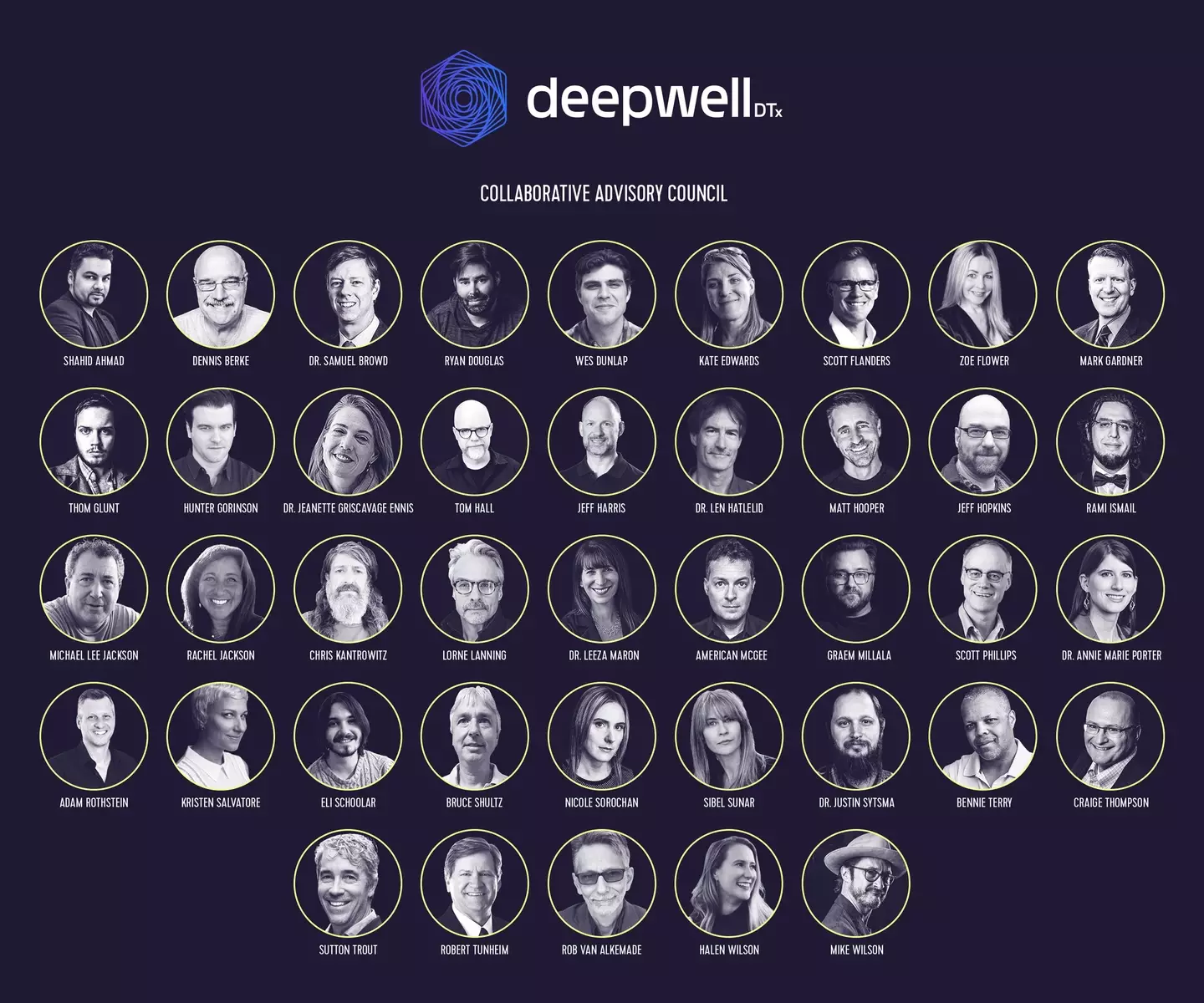
It’s no secret that we live in a world where sections of the mainstream media still demonise video games. They can be dismissed as childish, needlessly violent, and damaging to society - all in spite of the mountain of evidence to the contrary. Is the DeepWell team worried it may face an uphill battle, even with such impressive credentials?
“This is not going to be easy,” Ahmad says. “Convincing people who otherwise wouldn't think about video games as medicine, that they can be medicinal, is going to be a challenge. But I think we will also get a lot of people who are curious about video games. And this science, backed up by FDA approvals, opens the door for them. If it's actually legit good for me. What's the harm in giving it a try? And that's a radical 180 from the narrative that they’re used to, which is that games are bad for you.
“I mean, if you've been in video games or played video games, you know, for the most part, that's false. They're not bad for you. They're a solace. They're healing. They're powerful. What we're saying is yes, we agree with all those things. And here, here's the process. Here's a technique that we're applying to prove that they're also medicinal.”
It’s quite something to be speaking to a fraction of DeepWell’s impressive team on the precipice of its grand reveal. It’s clear to me that Wilson and Ahmad have been re-energised by DeepWell’s ideals, and found a brand-new purpose in a space they’ve inhabited for decades. Their goals may be ambitious, but the passion with which they speak about achieving them tells me we shouldn’t bet against them.
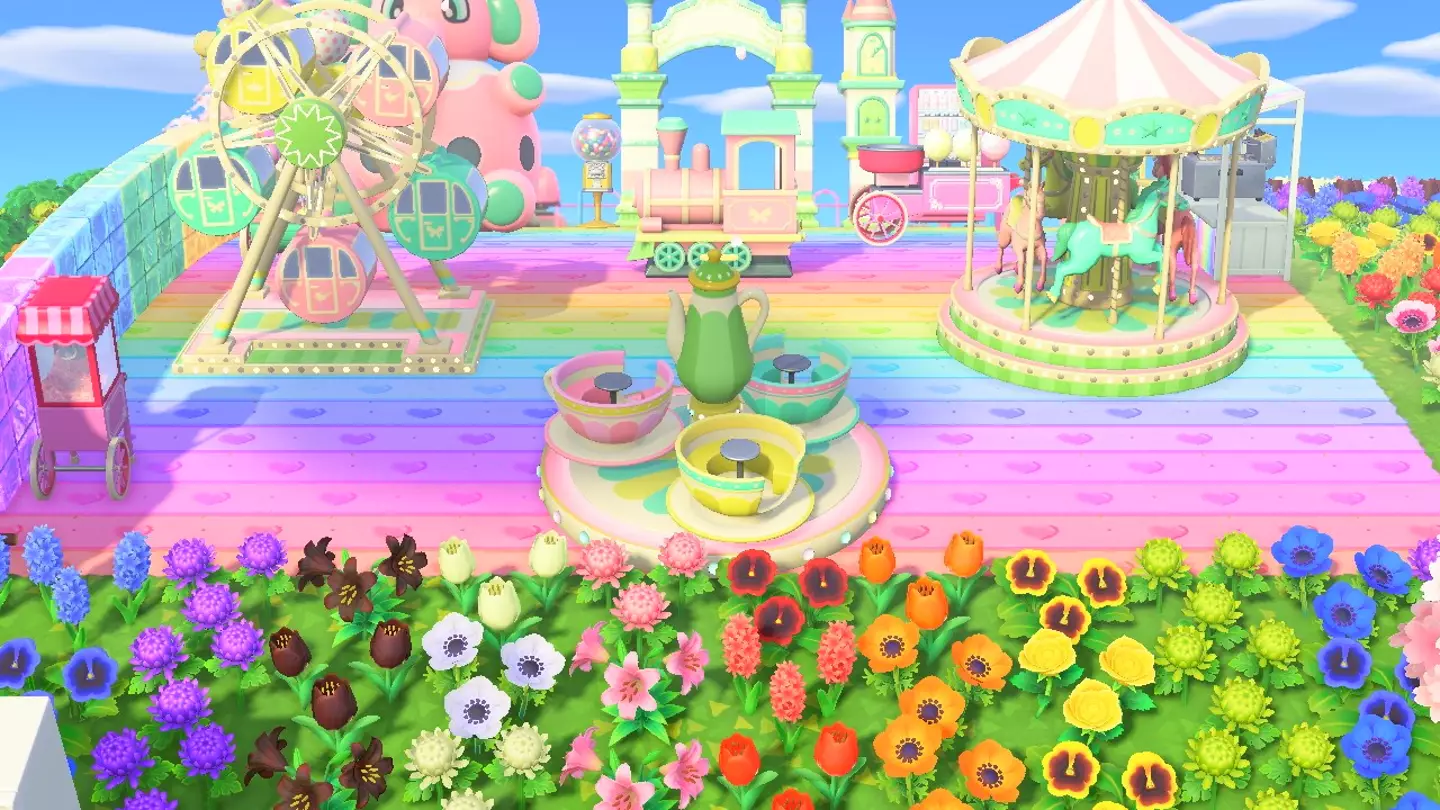
“I hope that people look back on DeepWell as a company who helped start a movement and raise awareness,” Wilson tells me. “But I really don't mind if we're the second-biggest company in this space, or the tenth or twentieth. It doesn't matter. The people involved, most of whom are quite accomplished in their careers already, I don't think they really mind either. It's not what this is about, you know, and that's why almost everyone who could afford to has volunteered their time, for all this time… with really no promise of anything on the other end, other than being part of something that is meaningful.”
“The beauty of a video game is that it will cater to everybody who has an interest in that particular genre and support their journey in a customised way video games have been doing,” adds Ahmad. “To show and to support the idea that games can heal in a really wide array of modalities, and to be supported by other companies in doing so - to see people healed. That would be my dream.”
Featured Image Credit: DeepWellTopics: Indie Games
